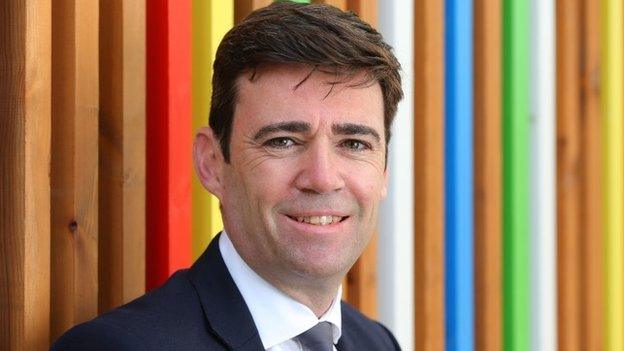What is Yvette Cooper's programme for government?
- Published
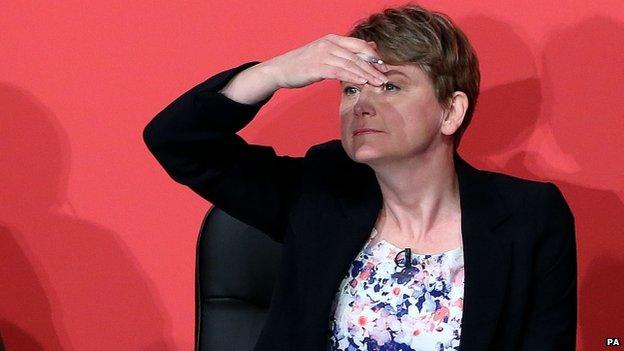
Yvette Cooper says the Labour Party needs a "progressive" and "modern" vision that is "optimistic" about Britain's future, and she is pitching herself as the unity candidate in the four-way contest.
She believes Labour's offering was "too narrow" at the election and insists she can broaden its appeal and put "the fight for equality and social justice back at the heart" of the party.
The shadow home secretary - who has held various front bench roles in government and opposition - says she has the "strength, experience and progressive ideas" to secure a Labour victory in 2020.
So what would the leadership hopeful do with power if she was elected?

Economy
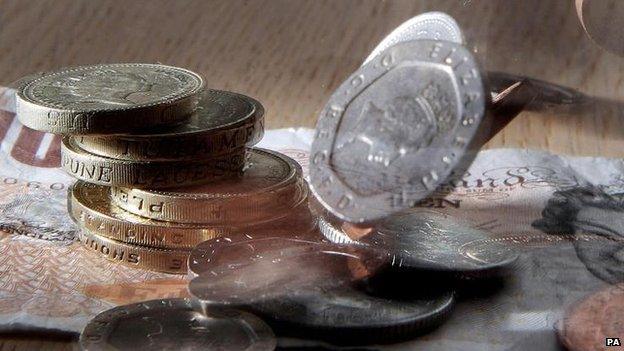
Ms Cooper has strongly defended the previous Labour government's economic legacy, saying the party should "take on the Tory myths" that it spent too much before the financial crash. She has criticised leadership rival Andy Burnham for apologising for Labour's record, saying that by doing so he is falling into "George Osborne's trap".
She is strongly opposed to the government's cuts to public spending, which she has branded an "ideological assault on public services". Labour, she says, needs the "confidence" to set out "a credible alternative" to the Conservatives' economic strategy, promising "a fairer approach" to building strong public finances and sustainable growth.

Business
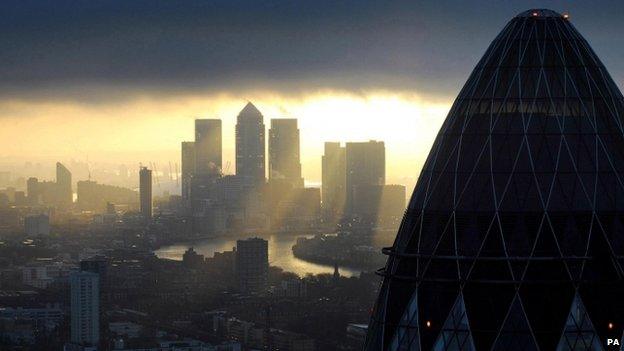
The Labour leadership contender has called for a "fresh start" to Labour's relations with business, saying the party, under Ed Miliband, alienated the business community with its rhetoric. She has pledged to set up a business advisory group including non-Labour supporters, if she becomes leader, to ensure regular dialogue.
Ms Cooper wants to turn Britain in to a "hi-tech" economy, promising to encourage start-ups and create hi-tech digital "jobs for the future". She is also committed to increase the UK's investment in science and research development to 3% of national income, saying Britain should become the science and technology capital of Europe.
She wants to create two million more high-skilled manufacturing jobs and has argued that Labour should drop its opposition to the government's cut in corporation tax to 20%.

Welfare
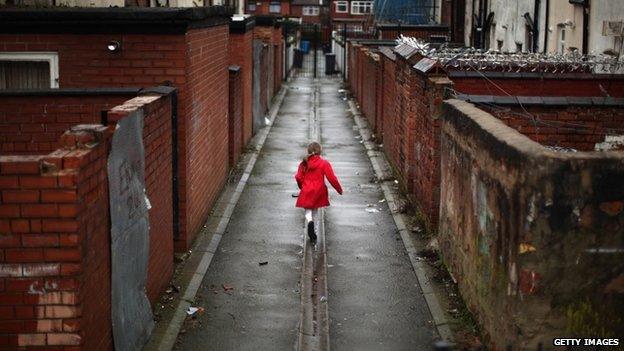
Ms Cooper has made her opposition to the government's welfare reforms known, calling the bill "unfair and damaging". She backs the government's benefits cap, limiting the amount one household, in principle, but she has vowed to protect tax credits from cuts, warning that the government's plans will leave working families worse off. She has pledged to establish a Welfare Reform Commission to look at "how state best supports work, prevents poverty and delivers value for money". Ms Cooper has also outlined a commitment to ending child poverty within a generation.

Childcare and education
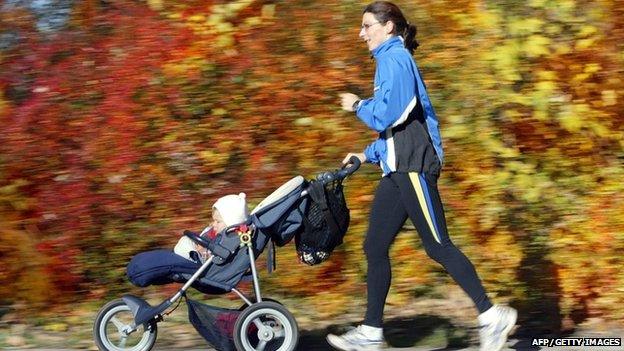
Ms Cooper wants to oversee a "revolution" in family support, and is promising to revive Sure Start children centres, introduce free Scandinavian-style universal childcare and to "end child poverty in our lifetimes".
One of the reasons for her contesting the leadership is that no party has offered a "bold enough" vision for families, she says, arguing that childcare and family policy are "fundamental building blocks of a strong modern economy and of strong communities". Ms Cooper would also consult on extending the period whereby new mothers can take up a workplace discrimination claim.
On higher education, Ms Cooper has said she supports the idea of a graduate tax, saying that this is a "fairer system" of financing higher education. She has also been critical of the government's free schools programme, saying it has not been value for money.

Employment
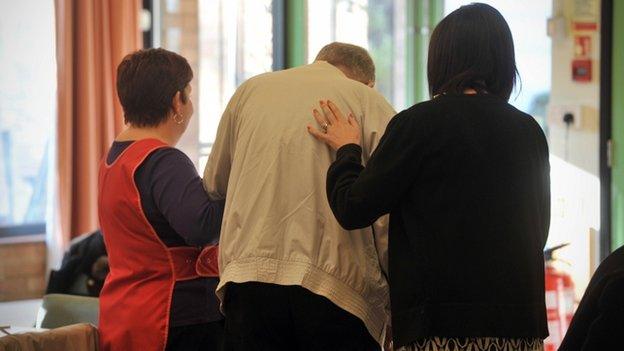
Like the other leadership contenders, Ms Cooper has criticised Chancellor George Osborne's National Living Wage as inadequate and vowed to implement the full living wage - currently £7.85 an hour and £9.15 in London - beginning with Britain's 1.4 million care workers. The Normanton, Pontefract and Castleford MP would also raise to 50p the top level of income tax.
She has vowed to reverse planned government changes to trade union strike laws and has condemned plans to end union subscription fees, saying it makes "little sense".

Housing
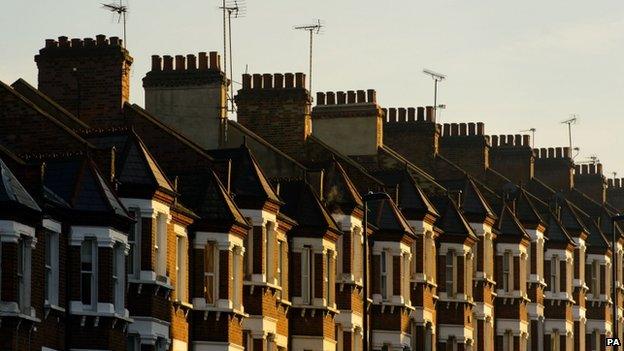
Ms Cooper wants Labour to commit to building more homes to address the "housing crisis". She has pledged to build 300,000 new homes a year, which is further than the 200,000 homes the party was promising in its 2015 election manifesto. She has also spoken in favour of Eco towns and Garden Cities.

Political reform
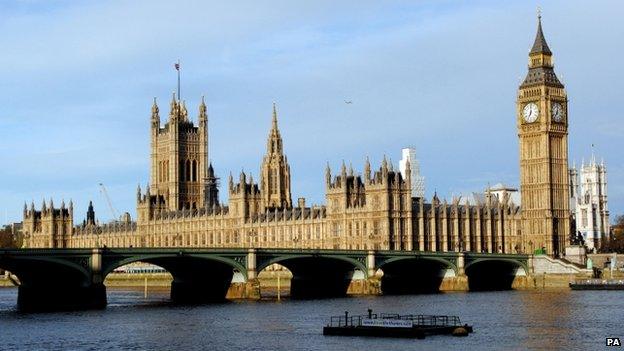
Ms Cooper wants a freeze or cap on the number of new appointments to the House of Lords, pending a process of "proper reform". She has committed to create an "extra-parliamentary constitutional convention" involving the parties and all parts of civil society. She says there needs to be "major reform", including more devolution, "the need for a new framework for England and Wales and for local government", and House of Lords reform.

The EU
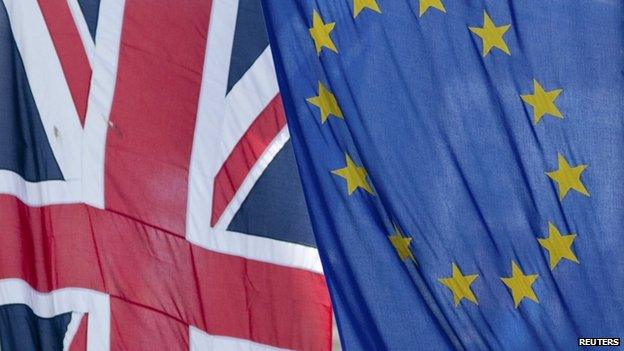
A pro-European Union MP, Ms Cooper says she wants Britain to take the lead in Europe, "promoting international development and human rights". But she would argue for reforms "before, during and after" a referendum on Britain's membership of the EU, including on the agency workers' directive.

Policing and immigration
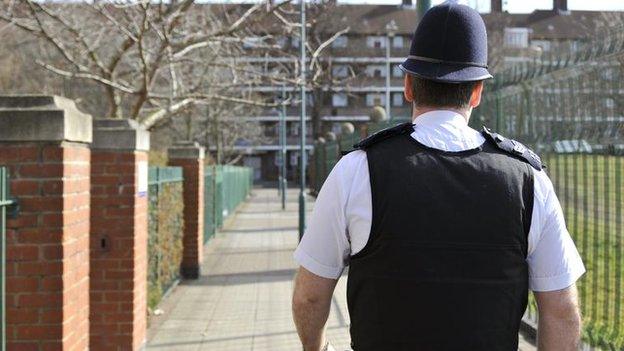
Under Ms Cooper's plans, a Labour government would end indefinite detention in the asylum and immigration system. She is also calling for more frontline police officers which would be paid for by an £800m savings plan. She has also vowed to introduce new laws and steps to tackle discrimination and prejudice.
- Published14 August 2015
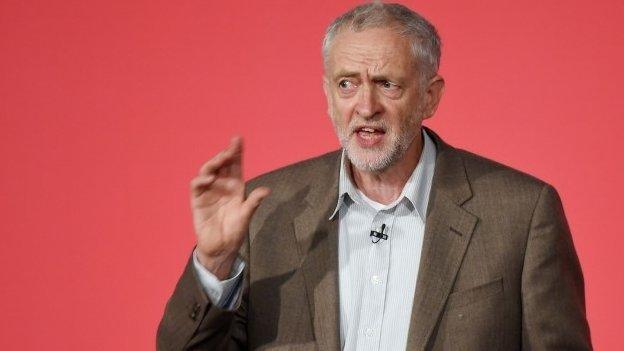
- Published12 August 2015
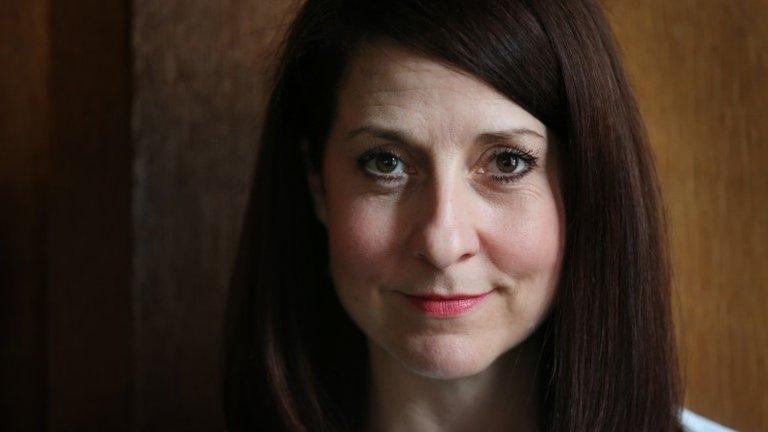
- Published7 August 2015
